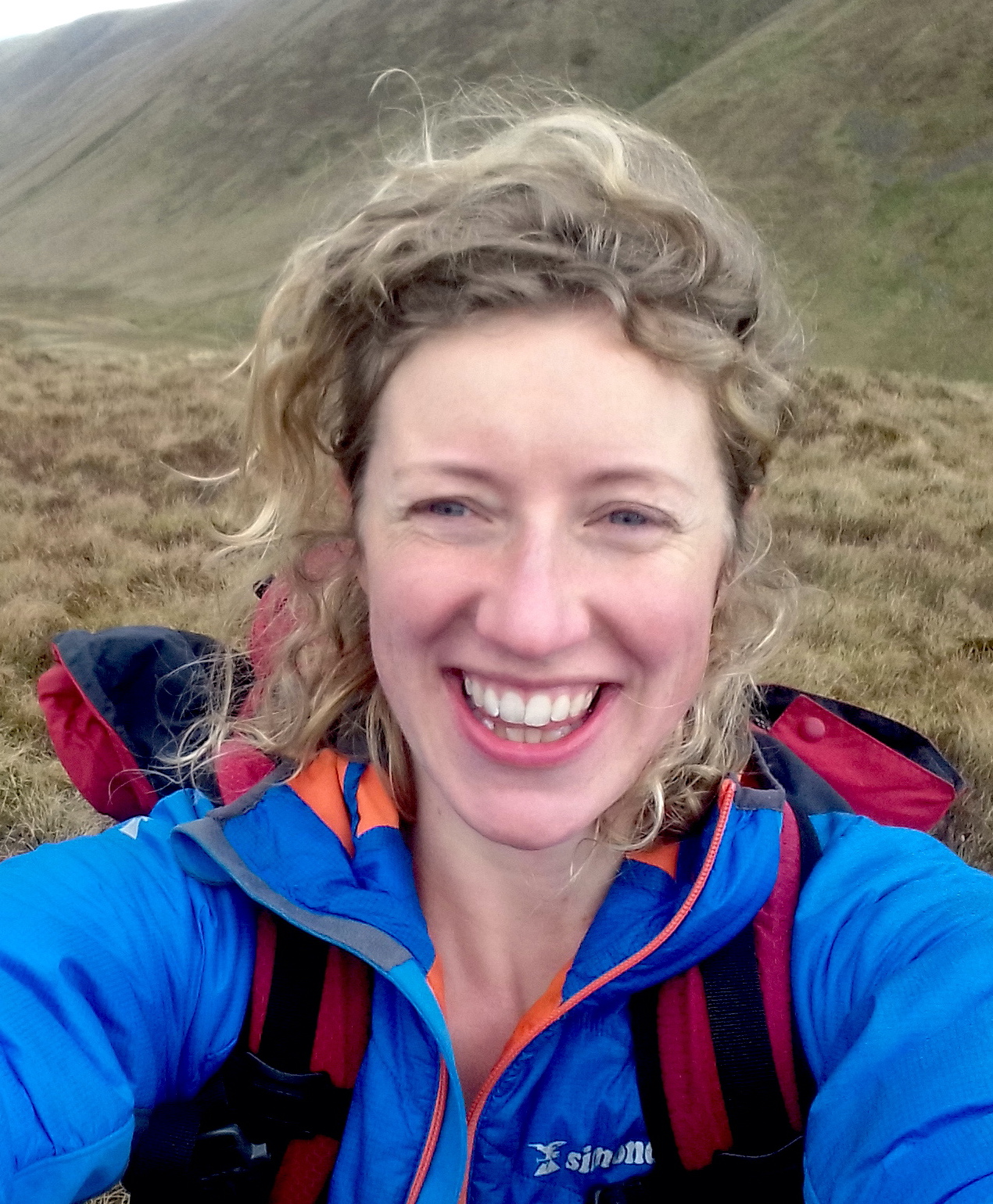Climate Sense
Climate Sense is an invitation to adults with learning disabilities to engage with cutting-edge environmental science via the innovative use of inclusive sensory tools. A scientist, an artist, and a community of adults with learning disabilities, will come together to experience and explore the interplay between climate and the seasonal rhythms of tropical forests using sound, light, colour, and touch and co-create an inclusive public science exhibition.
Inspiring public audiences with environmental science.
Individuals with disabilities are disproportionately impacted both by climate change (low income, low mobility, etc) and climate mitigation (e.g., car-free cities) and excluded from most traditional climate science engagement. Climate Sense models an inclusive and accessible approach to public science engagement by centring adults with learning disabilities, as both co-creators and focal audience and inviting them to explore the ecological impacts of climate change while bringing attention to their experience in a rapidly changing world.
Engaging the public where new opportunities have arisen.
Climate Sense encourages the public to explore cutting-edge research into the complex interplay between climate and the natural seasonal rhythms of tropical forest ecosystems (Bush et al., Science, 2020). While this research has attracted international attention in traditional formats (BBC, National Geographic, The Independent etc.) we have identified an unusual new opportunity to engage a marginalised focal group (adults with learning disabilities) using innovative sensory tools (sound, colour, light and touch) based on the rhythmic nature of the data.
Climate Sense is a 6-month project running from August 2022 to February 2023 and is funded by a NERC grant (Engaging the public with environmental science 2022 - Growing Roots). The project is a collaboration between the Royal Botanic Garden Edinburgh and the L’Arche Manchester Community.

